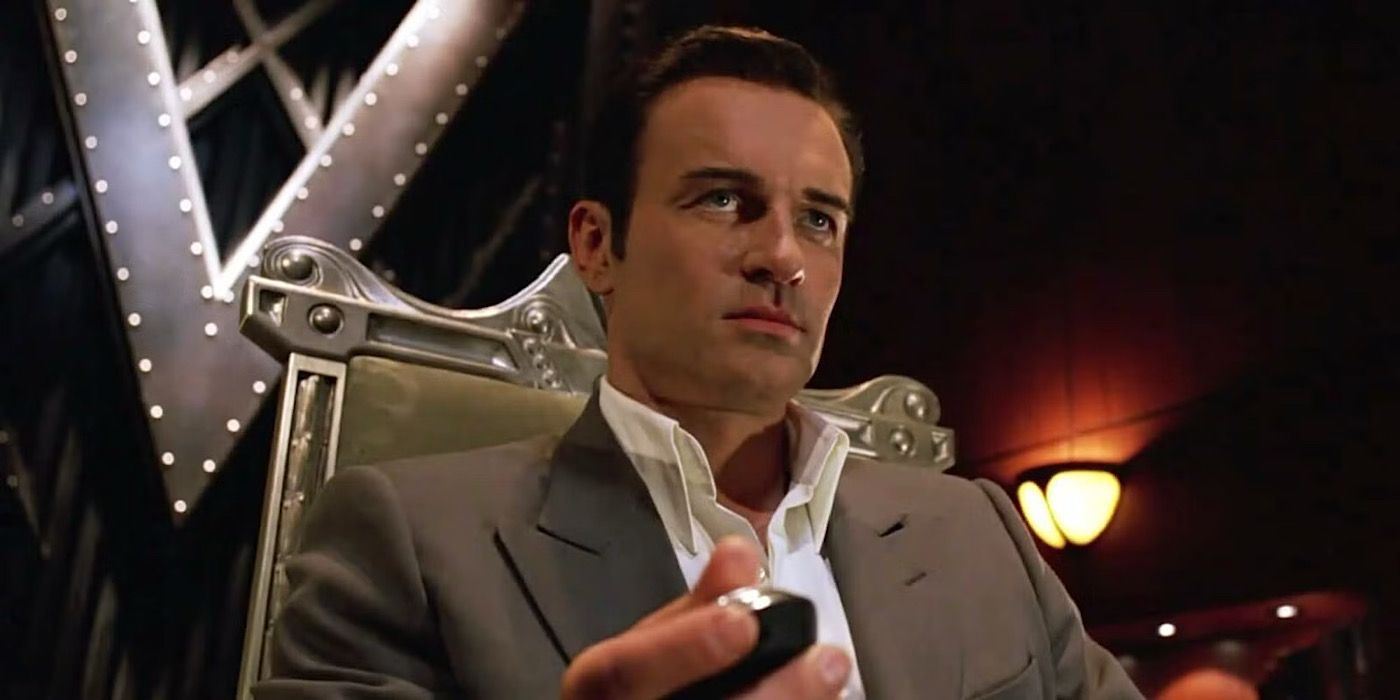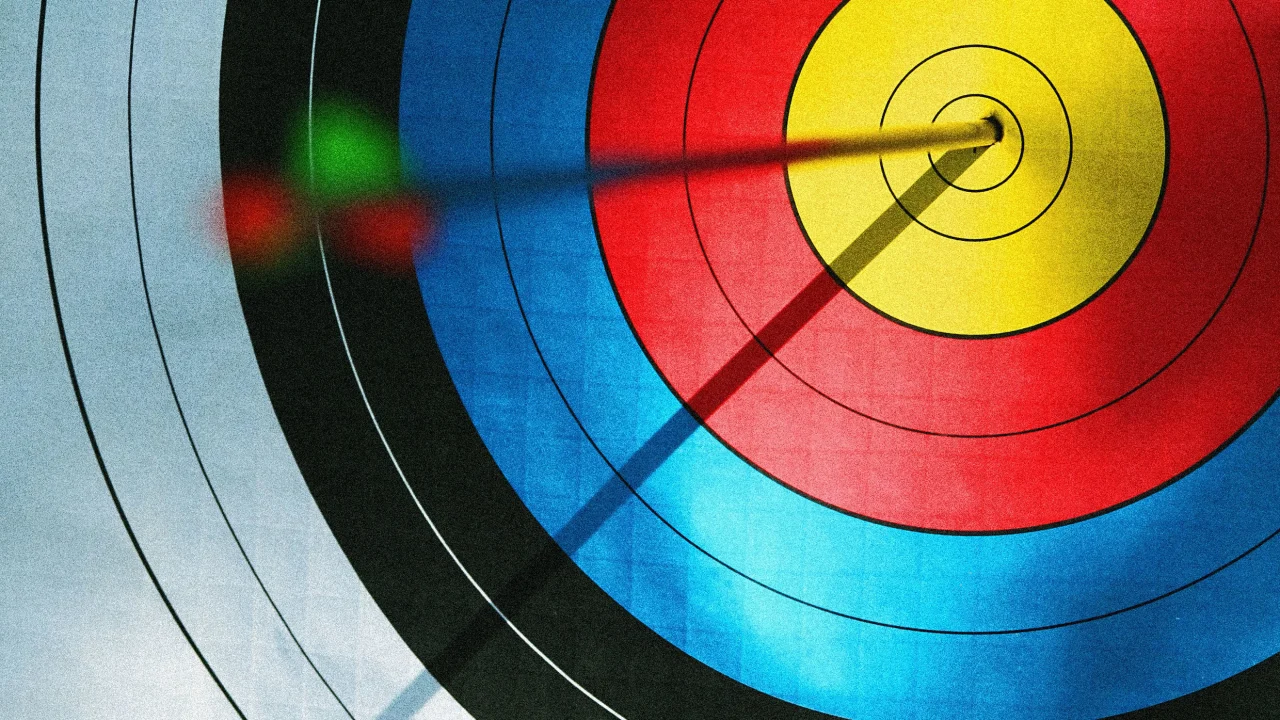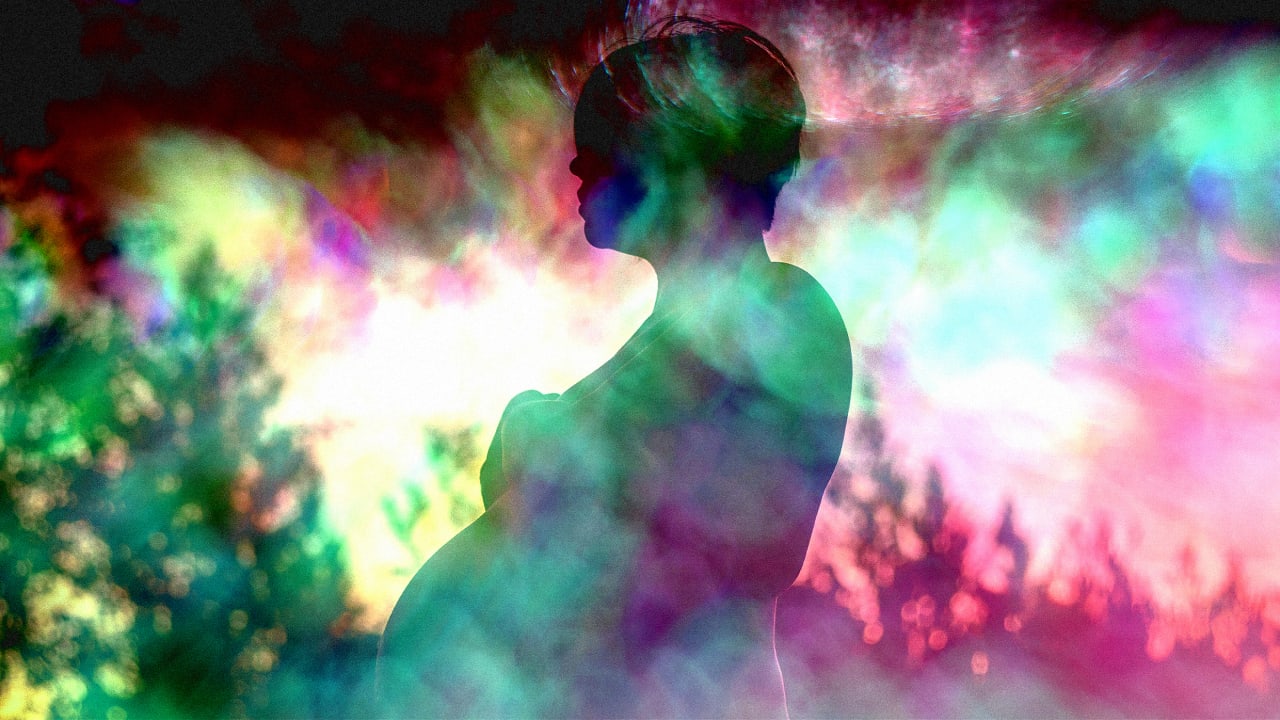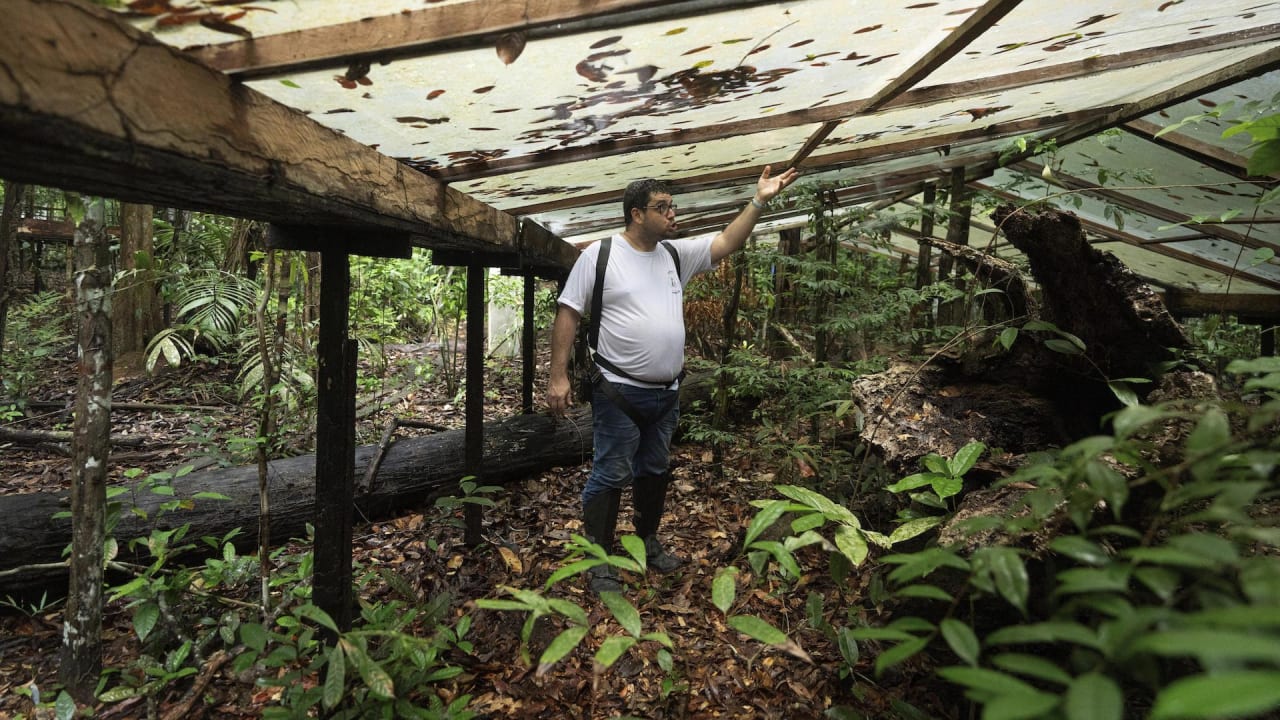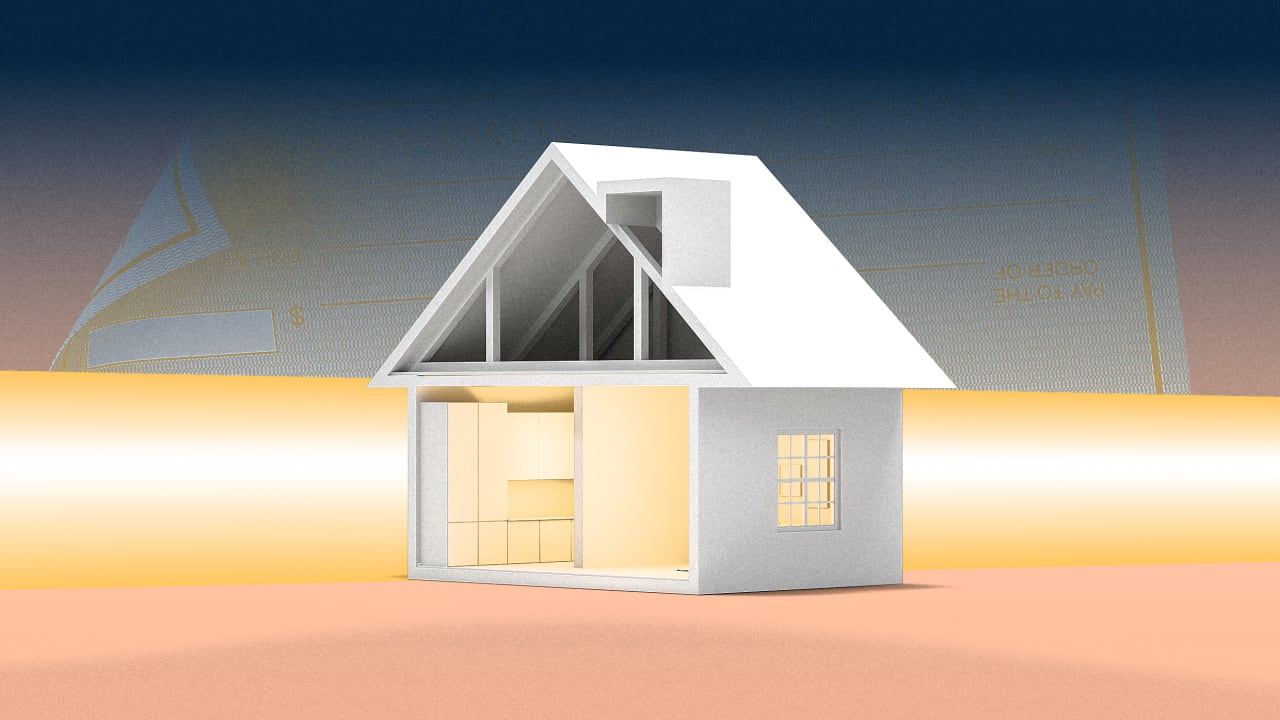BYD’s cars can now fully park themselves. Game over, Tesla
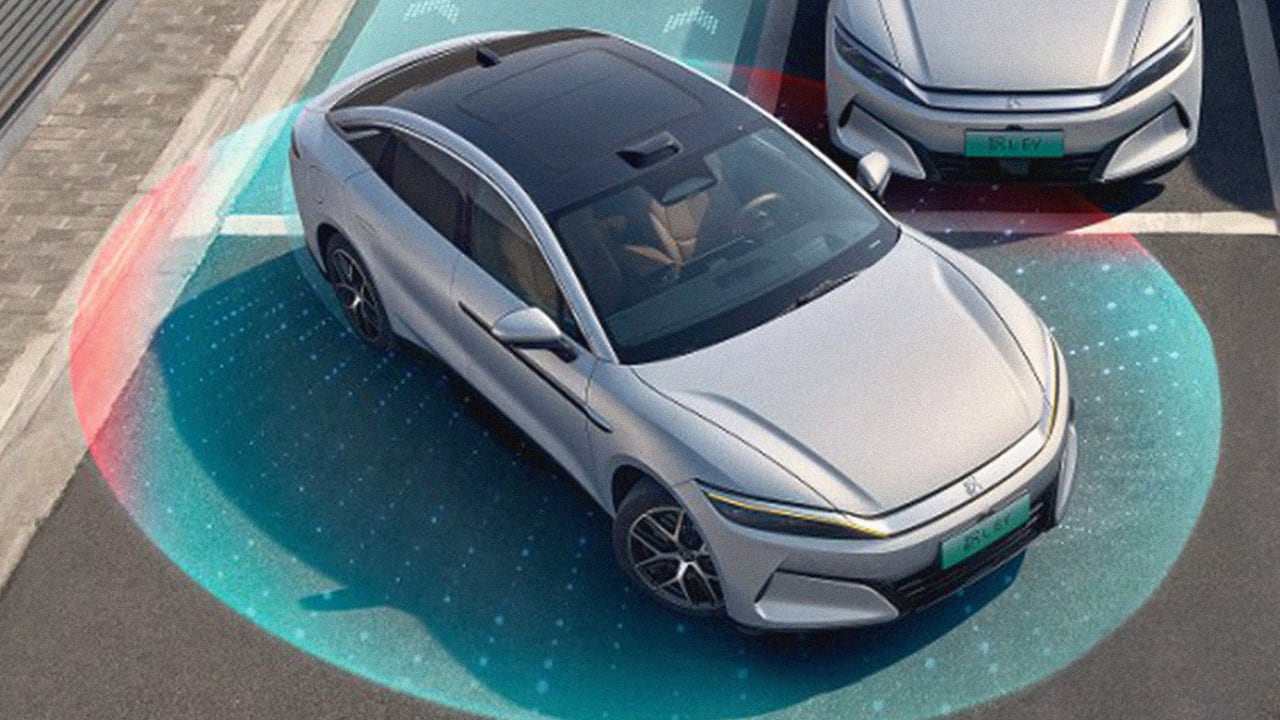
Chinese electric vehicle giant BYD claims it has delivered what Elon Musk has promised forever but has failed to deliver again and again: a car that can park itself with full Level 4 (L4) autonomy. That means that the car can navigate a parking lot, find a spot, and park completely unattended.
Some cars have assisted parking, including brands like BMW, Nissan, and Tesla, but none offers total autonomy except Mercedes-Benz. The latter is only a very limited L4 parking test confined to a single airport parking lot in Stuttgart, Germany, with special equipment installed. BYD’s system operates outside dedicated structures and is not restricted to pre-mapped locations.
The company is so confident in the technology that it announced that it will cover any damages to your car or any other vehicle if things go wrong. This means if anything happens, the owner won’t have to file a claim and have their premiums go up.
The breakthrough comes with the latest over-the-air update of BYD’s “God’s Eye” intelligent driving system, which now numbers more than 1 million cars across China. There’s no word when it will come to other markets.
The eye that sees it all
BYD’s confidence stems from a sophisticated sensor architecture. The God’s Eye system deploys multiple sensing technologies working in concert, unlike Tesla’s problematic camera-only approach. Even the entry-level God’s Eye C variant—one of three autonomous driving levels included in most affordable models—includes 12 cameras, 5 millimeter-wave radars, and 12 ultrasonic sensors with 1-centimeter accuracy. The mid-tier God’s Eye B adds a lidar sensor, while the premium God’s Eye A variant features three lidar sensors for maximum precision.
The system’s parking accuracy allows the car to get within 0.8 inches of other objects, enabled by multiple redundant sensors that create a three-dimensional map. This allows the vehicle a deep understanding of its environment. This multi-sensor approach allows the system to detect obstacles. It can even recognize hanging objects over the roof line of the car.
The company reports that more than 1 million vehicles now carry the God’s Eye system, an impressive deployment scale that starts with the most inexpensive models, like the $9,550 BYD Seagull, and go all the way to the $236,000 BYD Yangwang U9, a hypercar that can detect potholes on the road and jump over them. Yes. If the God’s Eye detects an obstacle on the road, it will literally jump over it.
Mercedes-Benz is the only company that approaches BYD’s new ability, and it only does so by cheating. Working with German hardware maker Bosch, it achieved L4 parking certification in 2022. But the automaker’s system operates exclusively in the P6 parking garage at Stuttgart Airport, requiring specific infrastructure and limiting availability to select S-Class and EQS models. Drivers must book parking spaces through the Mercedes Me app and drop off vehicles in designated zones, making the system more of a controlled experiment than practical technology.
Even if Mercedes could extend the idea to other parking lots throughout the world—which seem impractical—this approach lacks the flexibility and scalability of BYD’s vehicle-centric solution.
BMW and other premium automakers offer advanced parking assistance but remain stuck at Level 2 automation. BMW’s Parking Assistant Professional can perform parallel and perpendicular parking, but requires constant driver supervision and cannot achieve true autonomous operation. The system includes features like remote control parking and recorded path memory, but falls short of the true hands-off capability that defines L4 autonomy, which BYD is claiming with its new God’s Eye update.
Chinese manufacturers are heavily investing in AI capabilities for their cars. BYD Chairman Wang Chuanfu claims that it has 5,000 AI engineers working exclusively on solving full L4 autonomy. Companies like Baidu (whose open-source autonomous driving system Apollo is used by Volvo), Xiaomi, and Xpeng, are on similar paths. Chuanfu believes that God’s Eyes will provide full L4 in the next two to three years.
Tesla’s falling way behind
But perhaps the technology gap is more obvious when you compare it to Tesla which has been claiming full autonomous driving “next year” for the last seven years. While BYD and the other Chinese manufacturers deploy multiple sensor types for redundancy and accuracy, Musk decided that Tesla should abandon ultrasonic sensors in favor of cameras alone, creating dangerous blind spots and unreliable distance measurements. There have been multiple reports of Tesla autonomous driving problems.
Like BMW and Mercedes, Tesla has a basic parking assist feature, too. Its owners report persistent errors, particularly in rain, snow, or low-light conditions where cameras lose effectiveness. The system’s unreliability has become so notorious that Tesla forums overflow with complaints about parking functionality that worked better in older vehicles with dedicated sensors. Musk’s dismissal of lidar as “a crutch” and “loser’s technology” has clearly left Tesla technologically behind competitors who have embraced multi-sensor approaches.
BYD’s L4 parking achievement and its financial guarantee shows who the real loser is here. Not only Musk, but the entire Western automobile industry. As Ford’s CEO Jim Farley told the audience at the Aspen Ideas Summit last month talking about his last visit to China: “It’s the most humbling thing I’ve ever seen . . . their cost, their quality of their vehicles is far superior to what I see in the West. We are in a global competition with China, and it’s not just EVs. And if we lose this, we do not have a future at Ford.” Ford and everyone else, I’m afraid.
What's Your Reaction?
 Like
0
Like
0
 Dislike
0
Dislike
0
 Love
0
Love
0
 Funny
0
Funny
0
 Angry
0
Angry
0
 Sad
0
Sad
0
 Wow
0
Wow
0





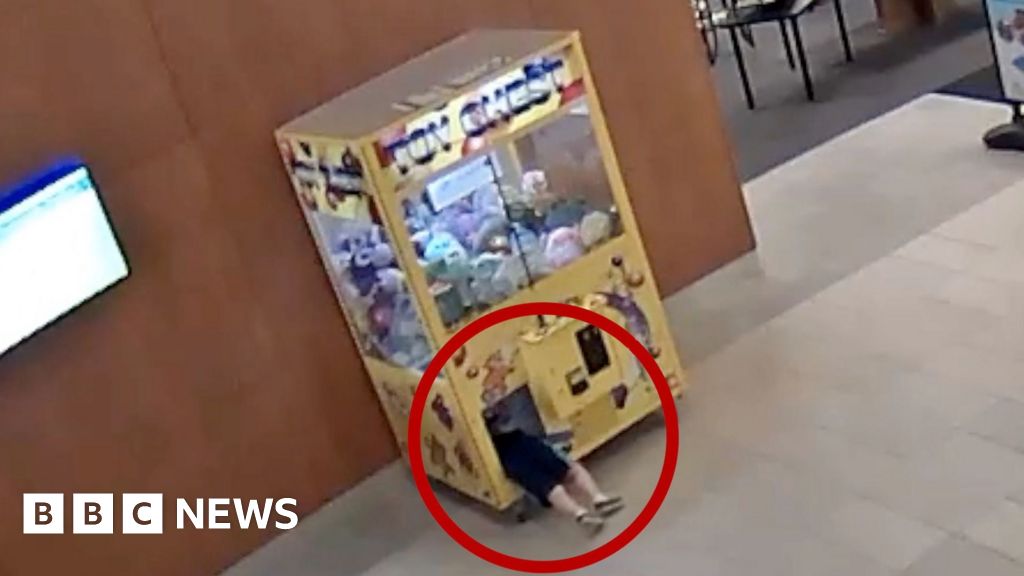
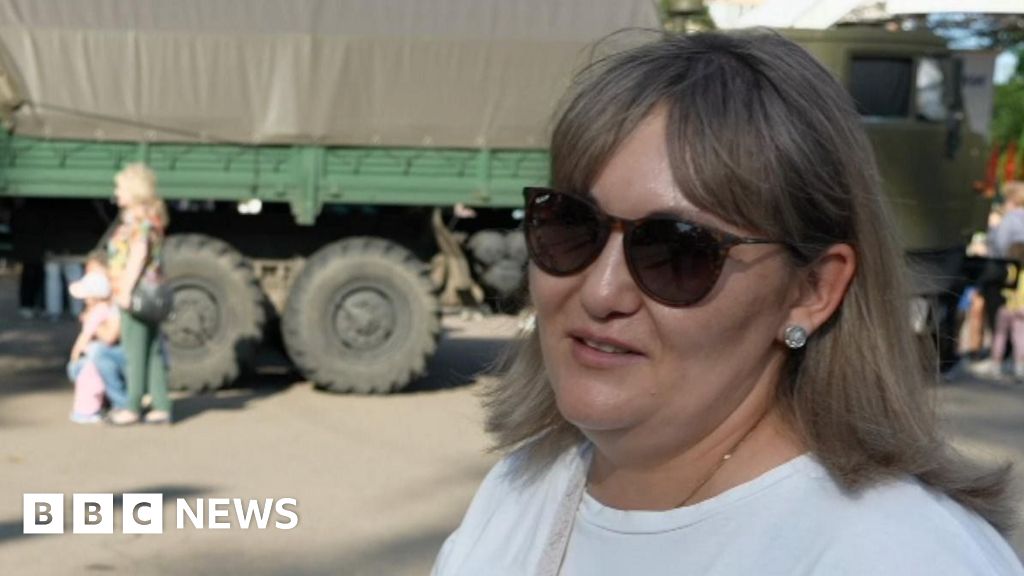


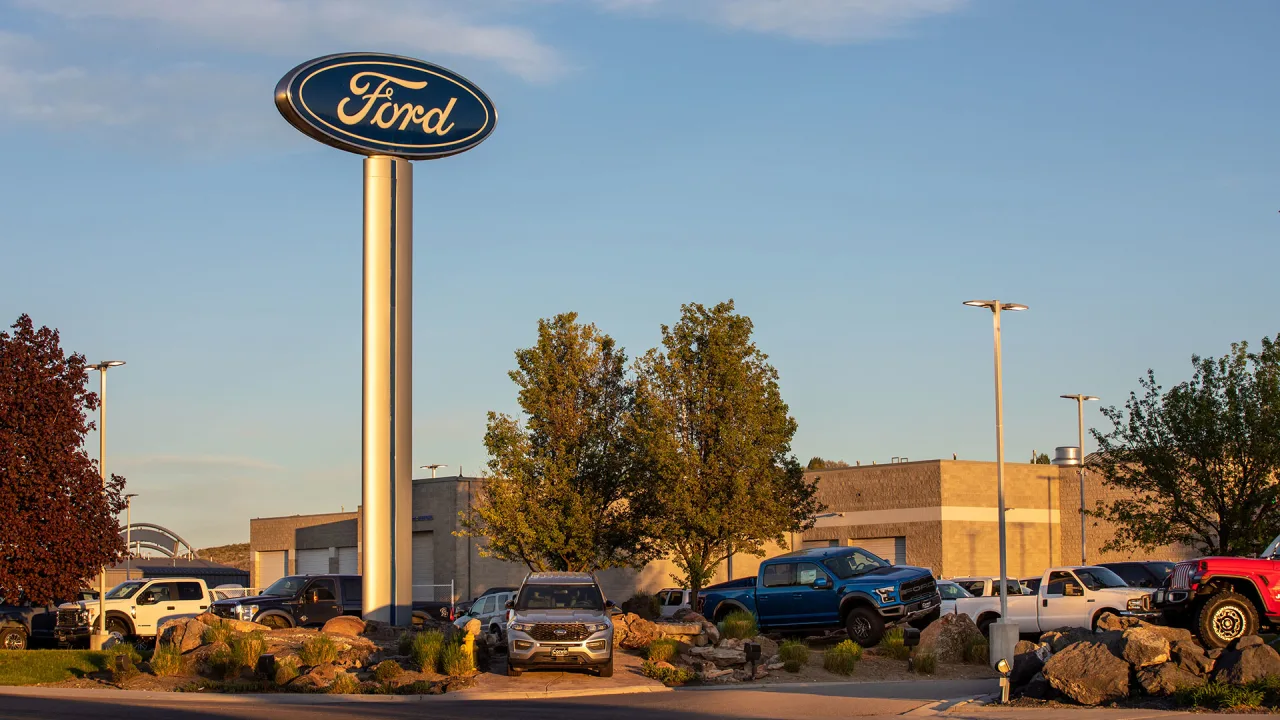






















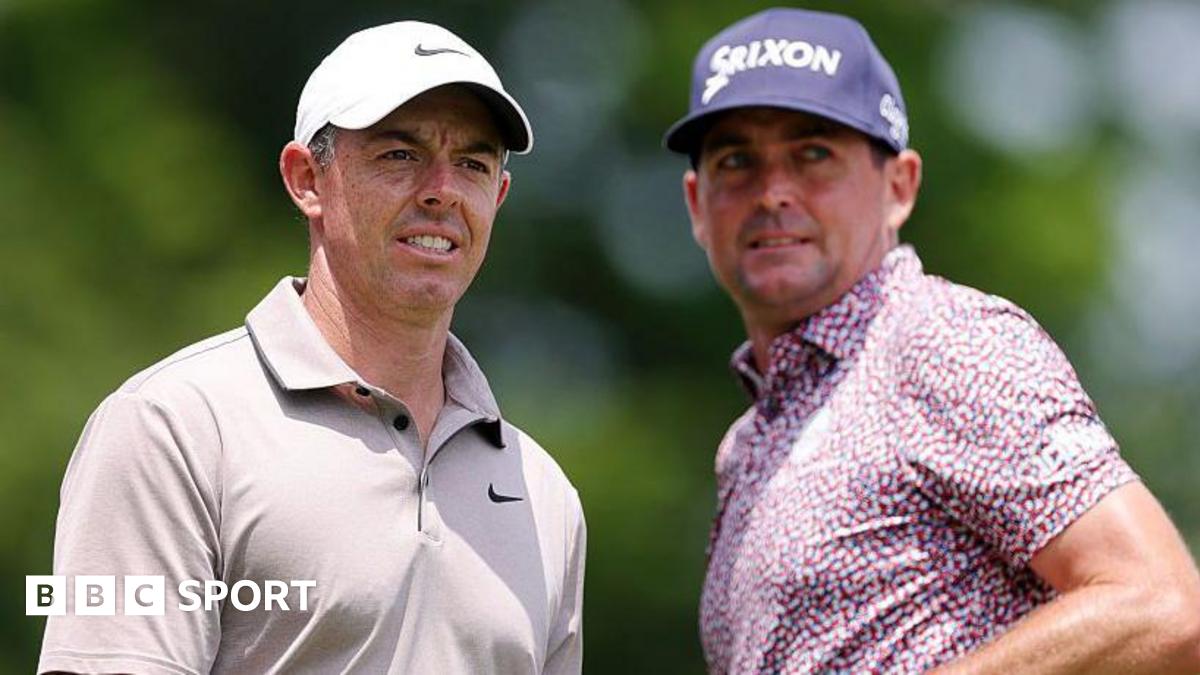
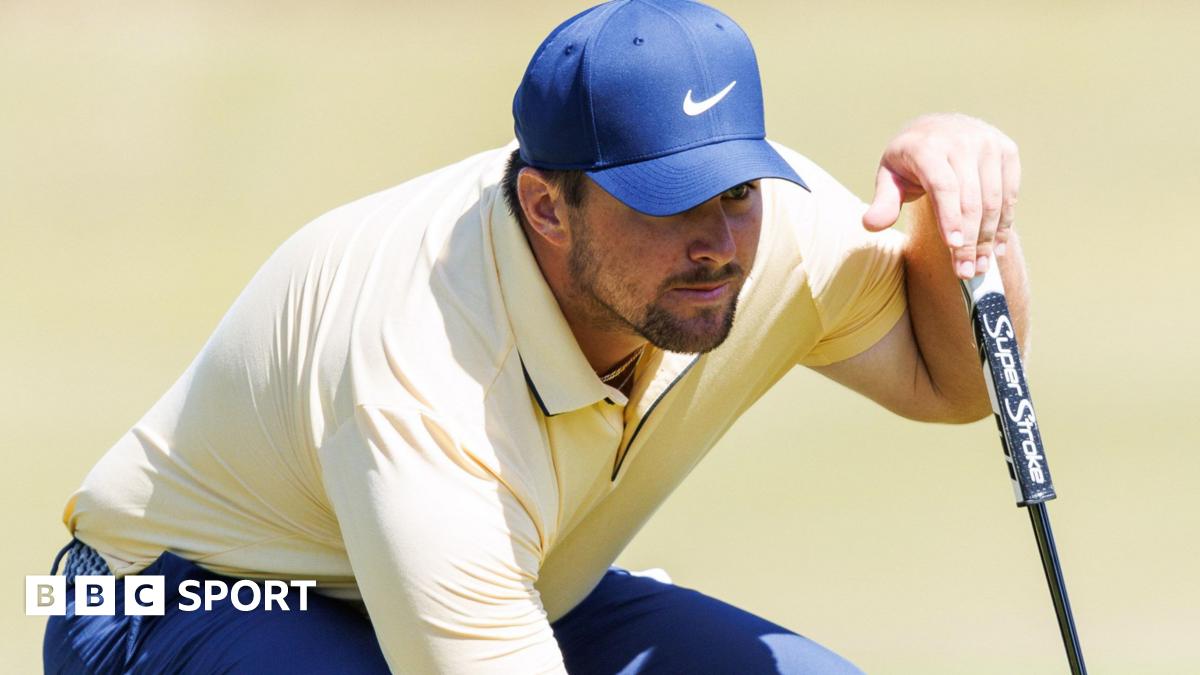

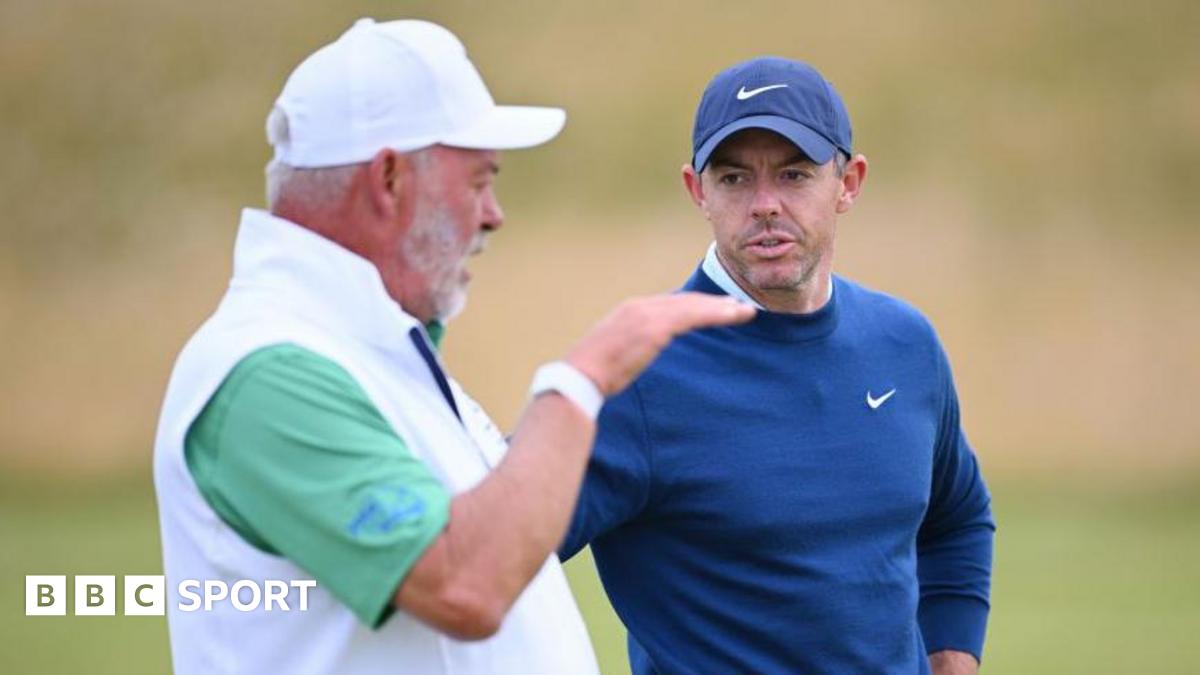
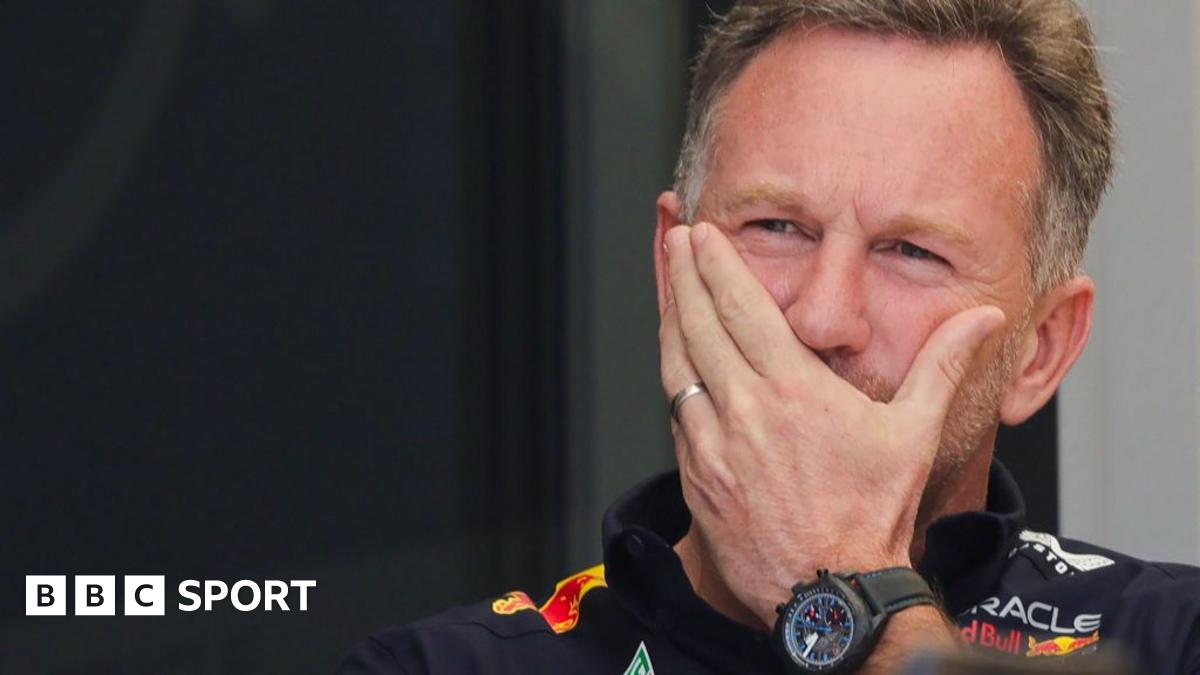
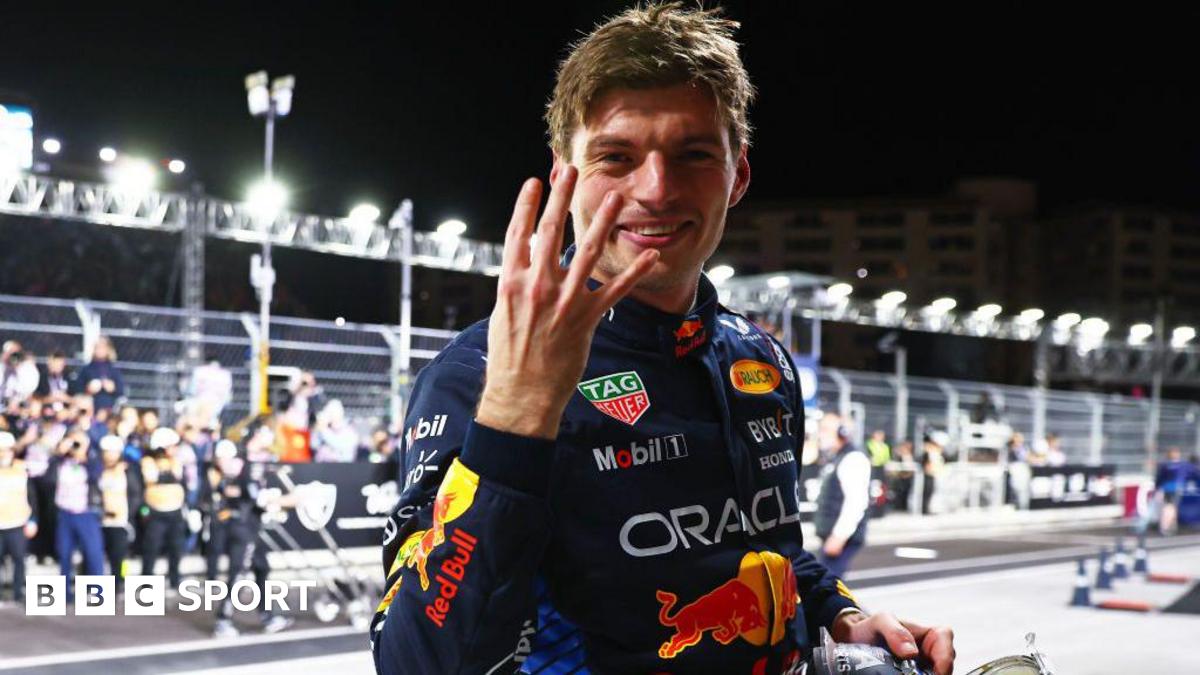
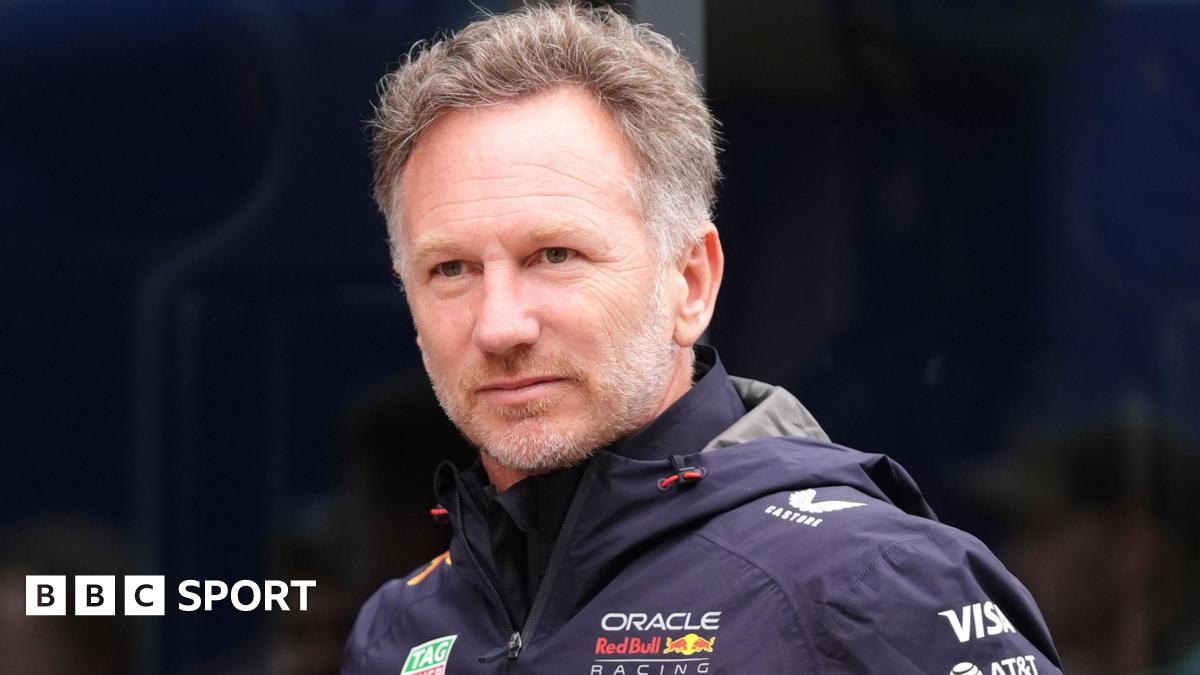


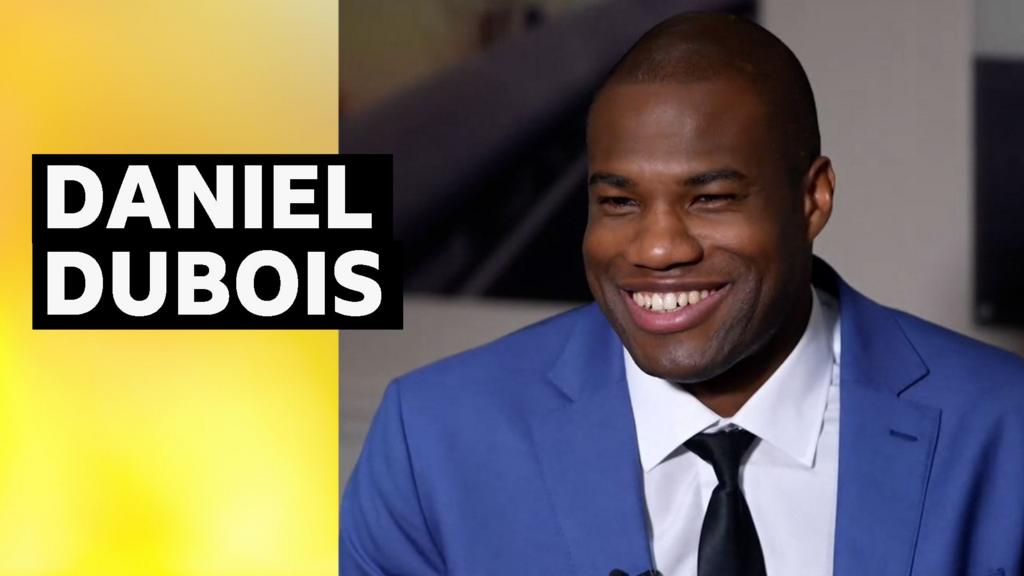





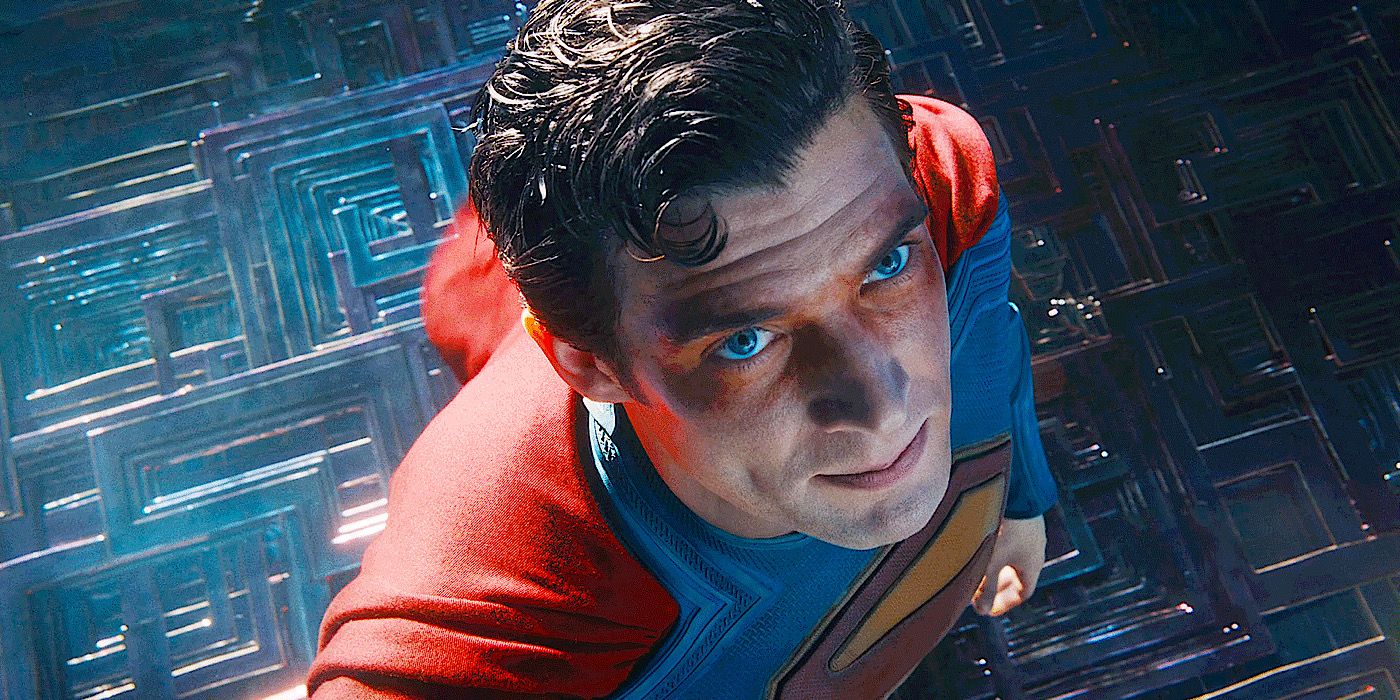


![Lew Apollo releases new single "Let the Light In" ahead of debut album [Video]](https://earmilk.com/wp-content/uploads/2025/07/Lew-Apollo-800x379.jpg)
